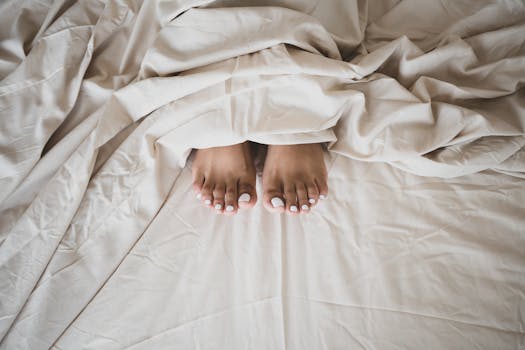
Creating a Balanced Sleep Routine for Better Rest
Creating a balanced sleep routine for better rest is essential for maintaining good physical and mental health. Creating a balanced sleep routine for better rest can help improve the quality of your sleep, increase energy levels, and enhance overall well-being. A well-structured sleep routine can also help regulate your body’s internal clock, leading to better sleep and Wake-up times.
Understanding the Importance of Sleep
Sleep plays a vital role in our overall health and well-being. During sleep, our body repairs and regenerates damaged cells, builds bone and muscle, and strengthens our immune system. Moreover, sleep helps to improve cognitive function, including attention, memory, and decision-making skills. Lack of sleep or poor sleep quality can lead to various health problems, such as obesity, diabetes, cardiovascular disease, and mental health disorders.
Establishing a Consistent Sleep Schedule
Establishing a consistent sleep schedule is the first step in creating a balanced sleep routine. This means going to bed and waking up at the same time every day, including weekends. A consistent sleep schedule helps regulate your body’s internal clock, making it easier to fall asleep and stay asleep. It’s also essential to create a relaxing bedtime routine to signal to your body that it’s time to sleep.
Creating a Sleep-Conducive Environment
Creating a sleep-conducive environment is crucial for improving the quality of your sleep. This includes keeping your bedroom cool, dark, and quiet, and investing in a comfortable mattress and pillows. It’s also essential to avoid exposure to screens and electronic devices before bedtime, as the blue light emitted can interfere with your sleep. Additionally, avoiding caffeine, nicotine, and heavy meals close to bedtime can help promote better sleep.
Tips for Creating a Balanced Sleep Routine
- Stick to a consistent sleep schedule
- Create a relaxing bedtime routine
- Make your bedroom a sleep haven
- Avoid screens and electronic devices before bedtime
- Avoid caffeine, nicotine, and heavy meals close to bedtime
- Get regular exercise, but not before bedtime
- Manage stress and anxiety through relaxation techniques





